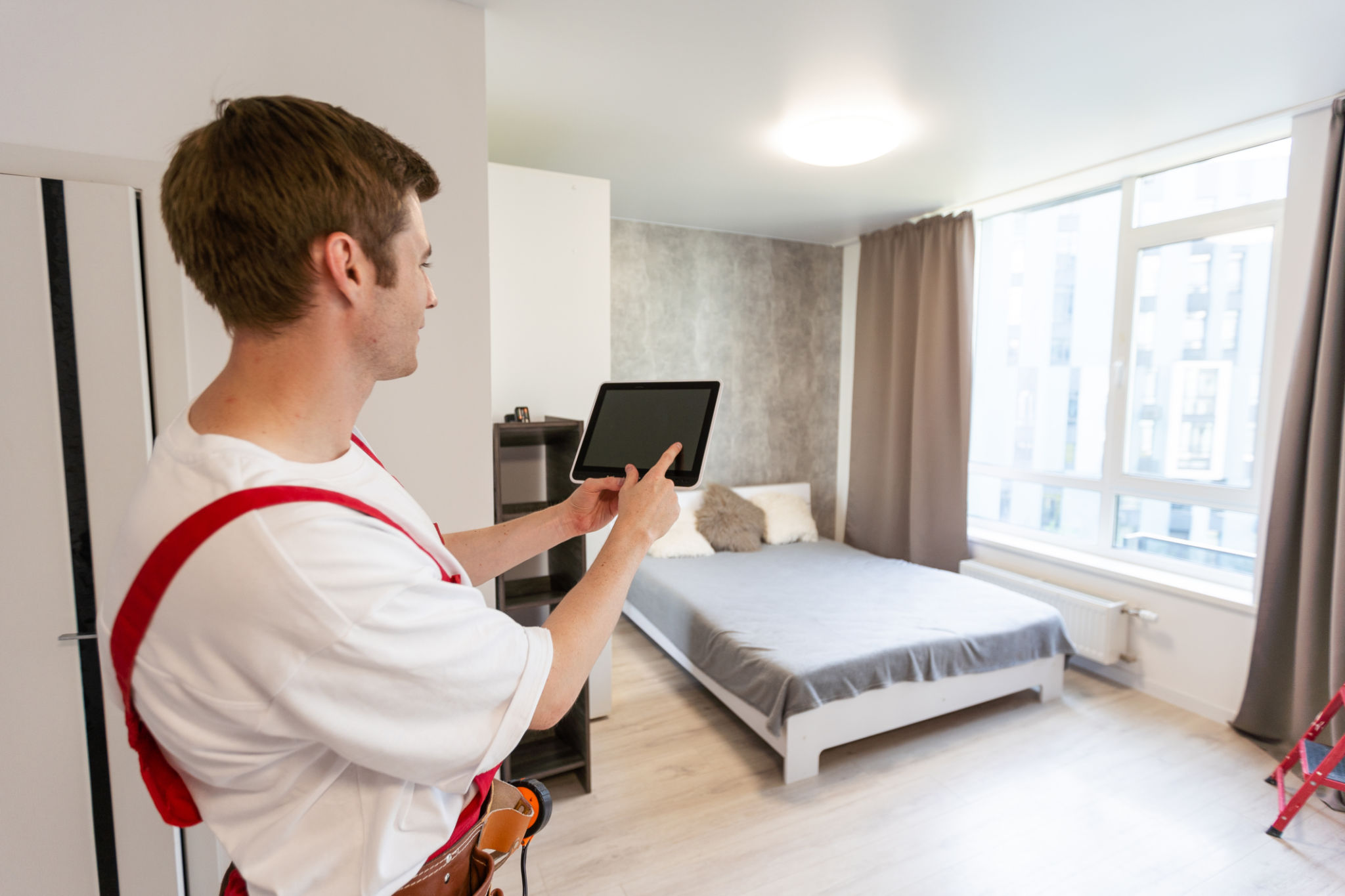What to Consider When Upgrading to Smart Home Technology in the UK
Understanding Your Needs and Goals
Before diving into the world of smart home technology, it's crucial to assess your specific needs and goals. Are you looking to enhance security, improve energy efficiency, or simply enjoy the convenience of automation? Understanding your primary objectives will help you make informed decisions about which devices and systems align with your lifestyle.
Consider what areas of your home could benefit most from smart technology. For instance, smart thermostats can significantly reduce energy consumption, while smart security cameras can provide peace of mind. Establishing clear objectives will streamline your selection process and ensure that your investment delivers tangible benefits.

Compatibility and Integration
One of the most important factors to consider when upgrading to smart home technology is compatibility. Many devices work best when integrated into a single ecosystem. For example, if you already use Amazon Alexa or Google Assistant, you might want to choose devices that are compatible with these platforms to ensure seamless operation.
In addition, check whether the devices you plan to purchase can communicate with each other. This interoperability is essential for creating a cohesive smart home environment where devices work together to enhance functionality and user experience.
Budget Considerations
Your budget will play a significant role in determining the extent of your smart home upgrades. Smart technology can range from relatively inexpensive devices like smart plugs to high-end systems such as whole-home automation solutions. It's vital to set a realistic budget that reflects both your needs and financial constraints.
Consider starting small by upgrading a few key devices and gradually expanding your system over time. This approach allows you to test the waters without committing to a large upfront investment. Additionally, keep an eye out for discounts and bundles, which can offer significant savings.

Privacy and Security Concerns
As with any technology that connects to the internet, privacy and security should be top priorities. Smart home devices often collect data about their users, which can pose privacy risks if not managed properly. Choose products from reputable brands that prioritize data encryption and have a track record of updating their software regularly to patch vulnerabilities.
Additionally, secure your home network by using strong passwords and enabling two-factor authentication where possible. Regularly updating both your devices and your Wi-Fi router's firmware can also help protect against potential security threats.
Installation and Support
When selecting smart home technology, consider the installation process and the level of support offered by the manufacturer. Some devices are designed for easy DIY installation, while others may require professional assistance. Understanding the installation requirements can help you avoid unexpected costs and complications.
Moreover, look for companies that offer robust customer support, including online resources, phone assistance, and warranty options. Reliable support can be invaluable if you encounter any issues during setup or operation.

Future-Proofing Your Smart Home
Technology is constantly evolving, so it's wise to future-proof your smart home as much as possible. Opt for devices that support updates and are compatible with emerging standards. This way, you can easily integrate new technologies as they become available without having to overhaul your entire system.
Staying informed about industry trends and advancements can also help you make proactive decisions about your smart home setup. Subscribing to technology blogs or forums can be a great way to keep abreast of the latest developments.
Environmental Impact
Many consumers are becoming increasingly conscious of their environmental footprint. When upgrading to smart home technology, consider the energy efficiency of the devices you choose. Smart lighting systems and thermostats not only offer convenience but can also contribute to reducing energy consumption.
Selecting energy-efficient products not only supports sustainability but can also lead to cost savings on your utility bills over time. Look for devices with high energy ratings or those certified by energy efficiency programs.
User Experience and Reviews
Lastly, take into account the user experience and reviews of the products you're considering. Real-world feedback from other users can provide valuable insights into a device's performance, reliability, and ease of use. Online reviews can highlight potential drawbacks that might not be apparent from product descriptions alone.
Remember that a positive user experience is crucial for maximizing the benefits of smart home technology. A product with good reviews is more likely to deliver satisfaction and enhance your daily life.
